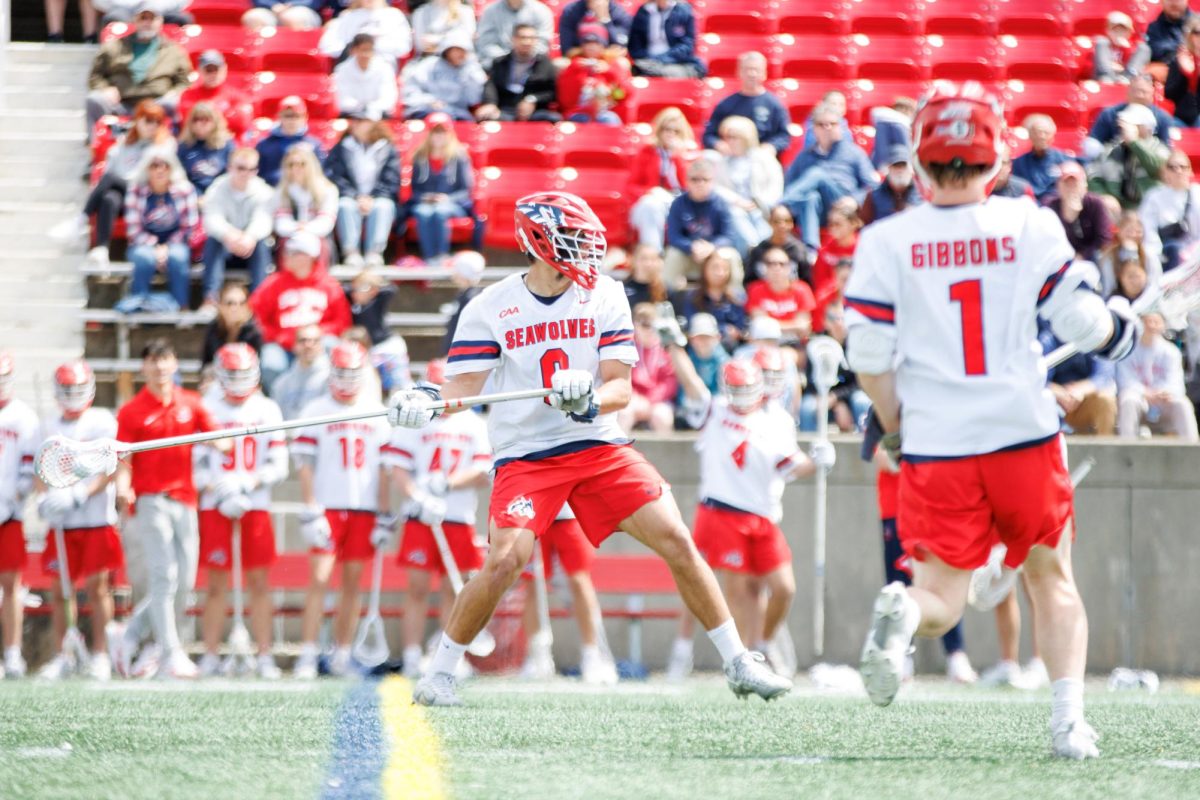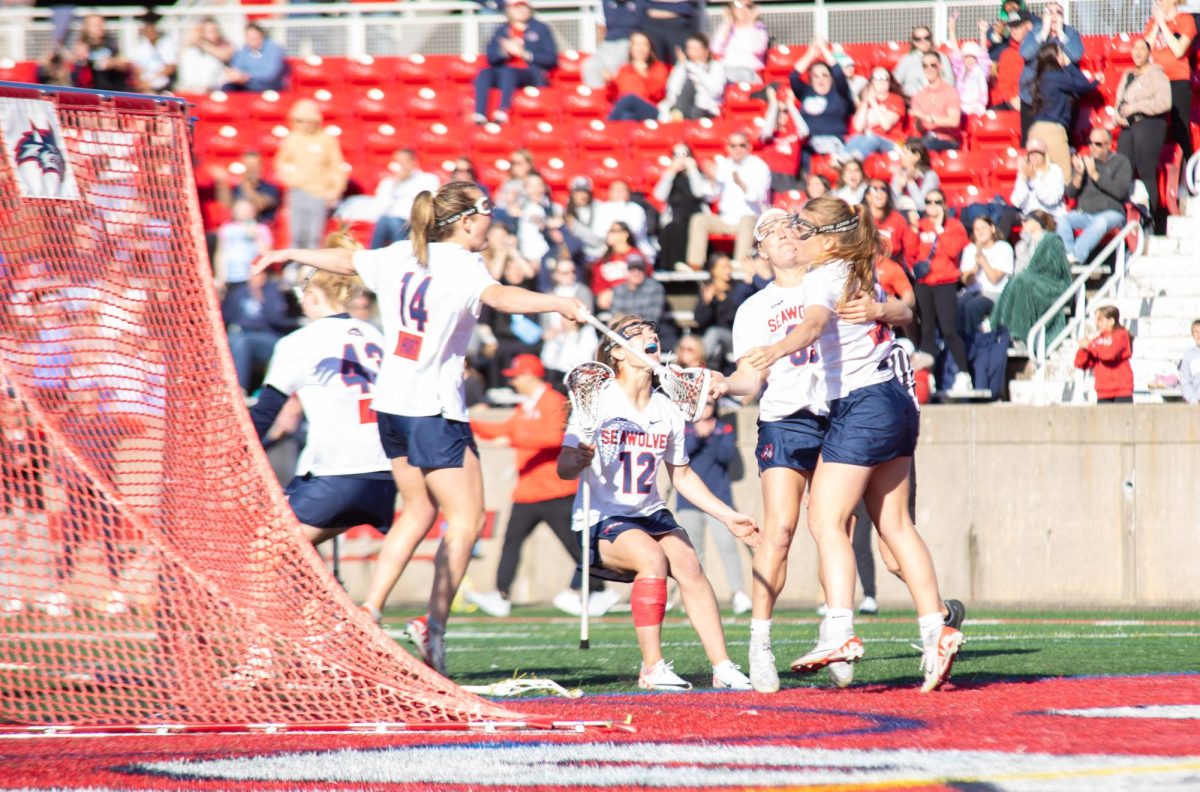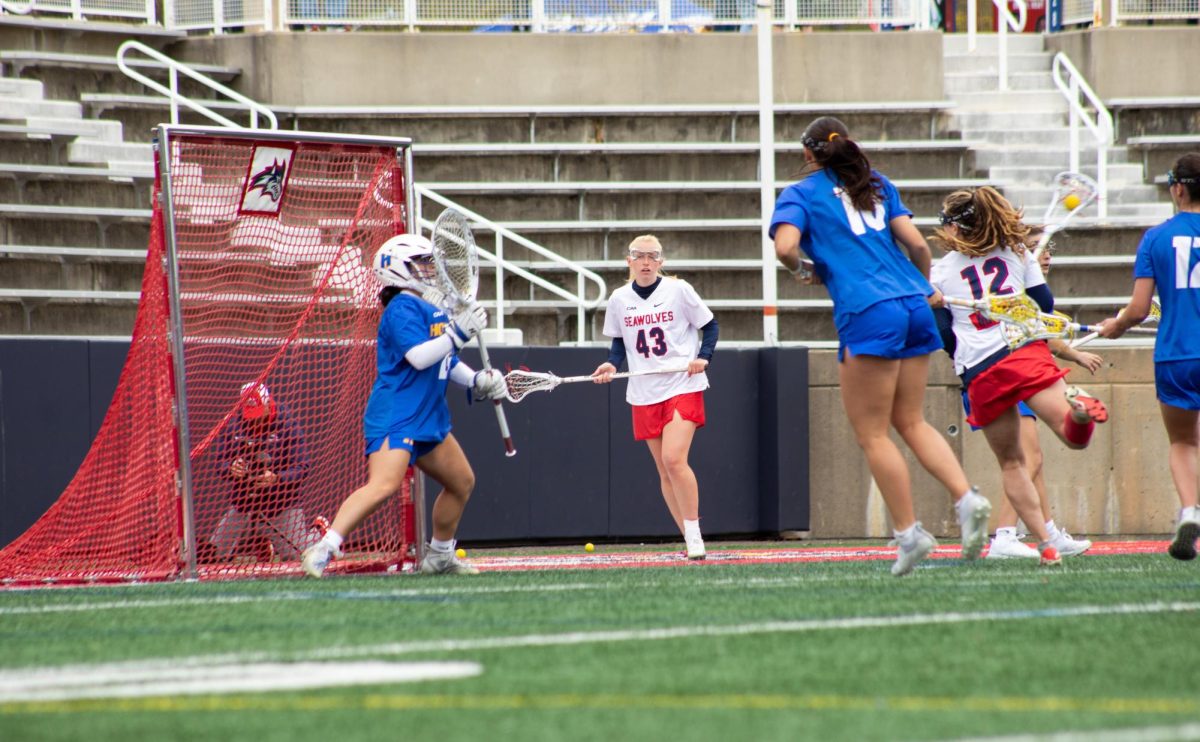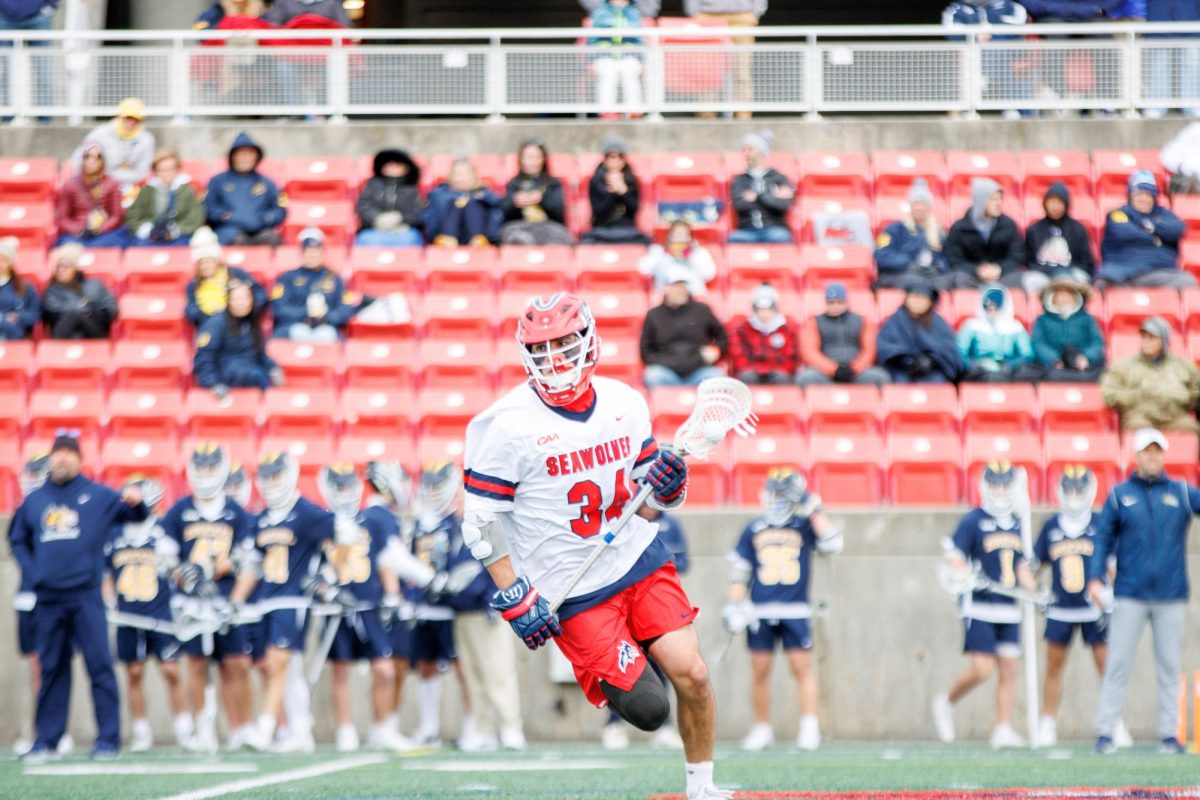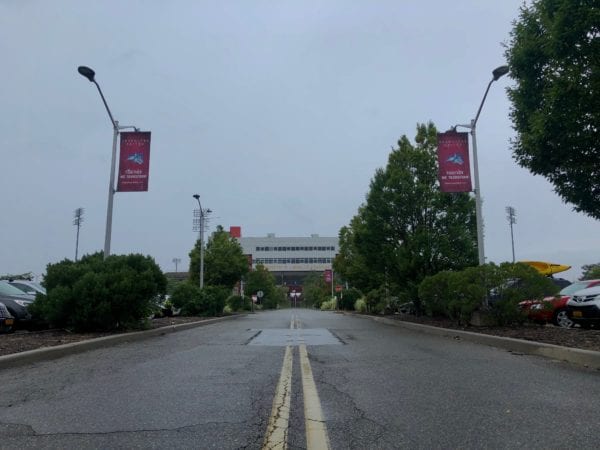
Silence.
That’s something the COVID-19 pandemic has irrefutably mass-produced in recent months. However, when it comes to systemic racism, many others have found silence to be their response to the issue. But the Stony Brook athletic community has no interest in being comfortable.
Stony Brook players, coaches and Director of Athletics Shawn Heilbron have spoken about the issue of racism in recent weeks following George Floyd’s killing by Minneapolis police officer Derek Chauvin. Floyd’s death reinvigorated protests across the nation addressing the unfair treatment of Black people by police officers. Protestors have faced dangerous settings like tear gas and rubber bullets being used by police, sometimes overzealously, against large crowds.
Heilbron encouraged athletes and coaches to speak out against racism and have uncomfortable conversations with each other on the subject in a statement released on Twitter.
“This is an opportunity for us to have a candid conversation with all of our athletes and each other about a problem that we can no longer sweep under the rug,” Heilbron stated. “Real change in society can only occur when compassion and love exists. Coaches, your roles are extremely critical in sparking these conversations. I promise to do my part as well.”
On the same day Heilbron released his statement, redshirt-senior defensive lineman Sam Kamara sent out a short message on his Twitter account.
“Silence under the circumstances we’re in speaks volume to me & doesn’t go unnoticed,” Kamara said in the message.
Kamara has since come out with a longer statement, doubling down on his intention to demand action.
“The issues are bigger than the recent events that have been unfolding before our eyes,” Kamara said. “These issues are systemic and black people have been facing these injustices long before I was born. I’d be doing myself an injustice to not speak up and use my platform to shed light. It’s one thing to sit and talk about the injustices and talk about change but it’s another thing to actually step up and do something about it. I am ready and willing to demand change for people who look like me.”
His teammate, redshirt-senior quarterback Tyquell Fields also weighed in with a message of his own on Twitter.
“What is going on is bigger than football,” Fields said. “With that being said within a football team you have people from different backgrounds and places that come together for one goal. We need to do things out of love! This same approach needs to be taken in the world. I pray for peace and resolution.”
Senior forward Mouhamadou Gueye added to the conversation, posting a message on his Instagram account.
“I am a Black man who believes that Peace, Love, and Respect are above all else,” Gueye said. “I’ve come across many amazing people in my life and pray that we all continue to do so. Spread love and seek growth together.”
Junior guard Victoria Johnson started a thread on Twitter addressing the reaction of some people to protests around the nation.
“I understand there’s looting and riots going on. I’m not saying that’s right. But what people are not going to do is to try to de-escalate its general purpose…So don’t go around and attempt to advise individuals how to protest. If y’all ain’t with it just say it.”
Coaches have also reached out on social media to express their support to the cause. Football head coach Chuck Priore sent out a long statement on Twitter trying to relate and support his athletes.
“A football locker room is proof that people from all walks of life and every race, color and creed can come together, unify and love each other,” Priore said. “We need to love and care for one another at this time and work together. We all are responsible to bring about this necessary change.”
Women’s basketball head coach Caroline McCombs has been active in the discussion as well, sending out a statement on Twitter and taking a stand for her athletes.
“I stand beside you & for you,” McCombs said. “My heart hurts. I will use my voice to help anyone I can. I will not be silent. Let’s stand together & make a difference.
The unification of the Stony Brook athletic community regarding systemic racism can hopefully influence the rest of the community as well.







